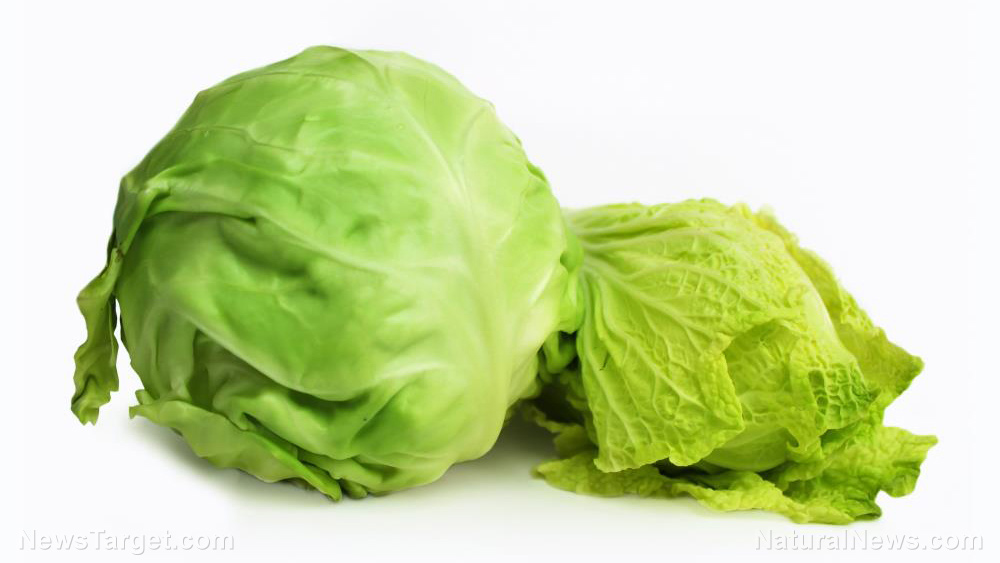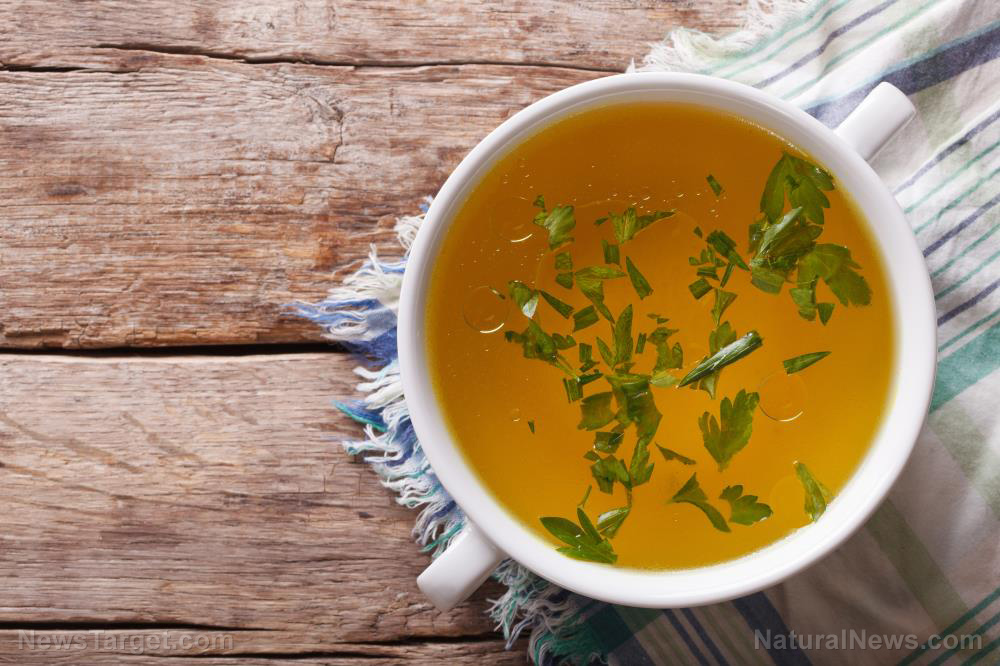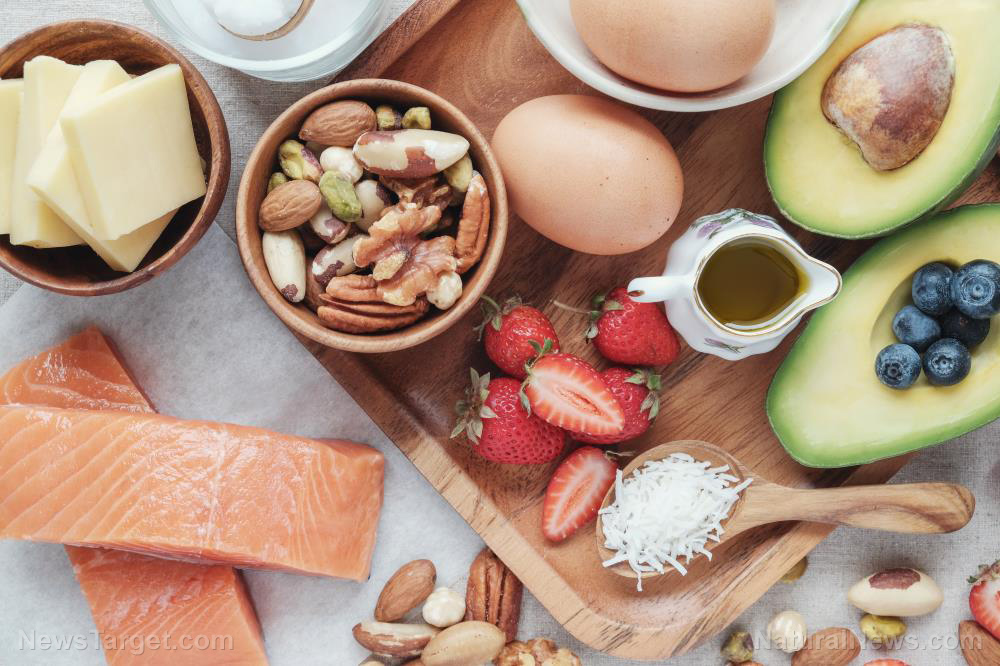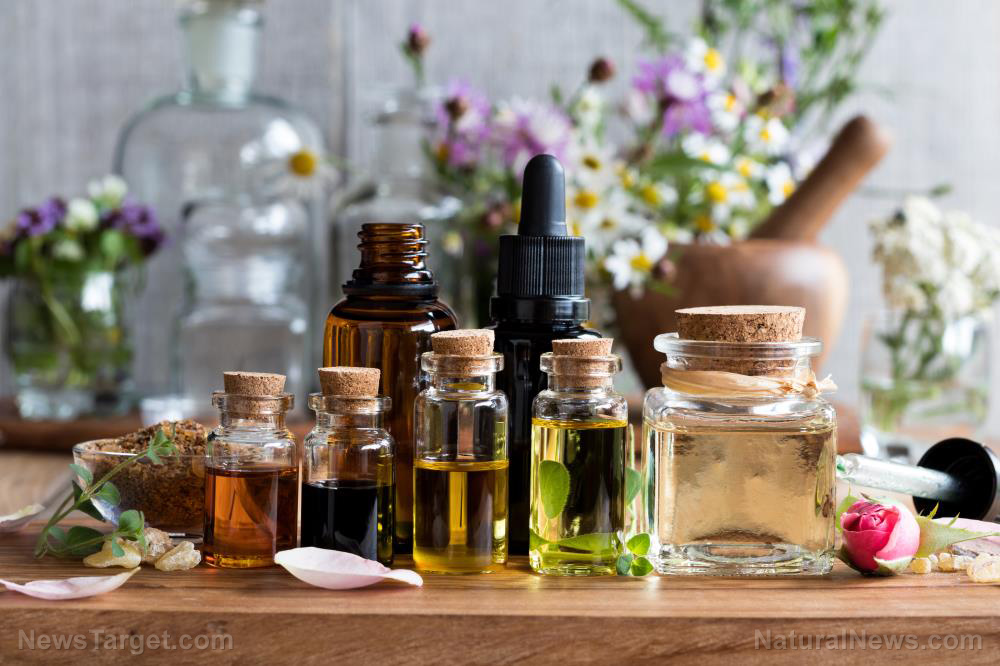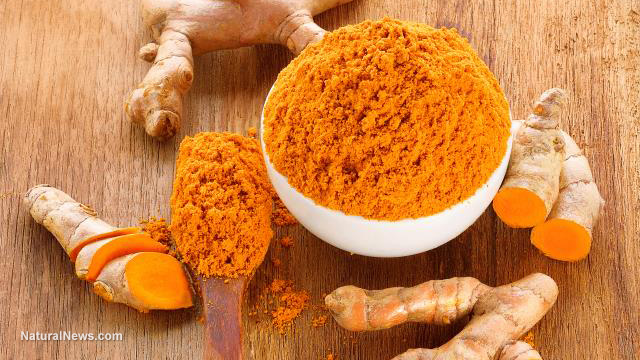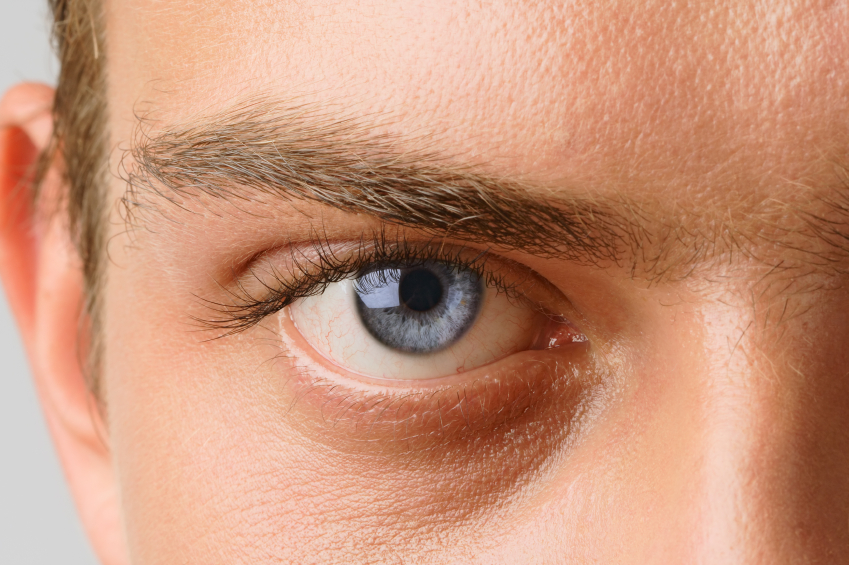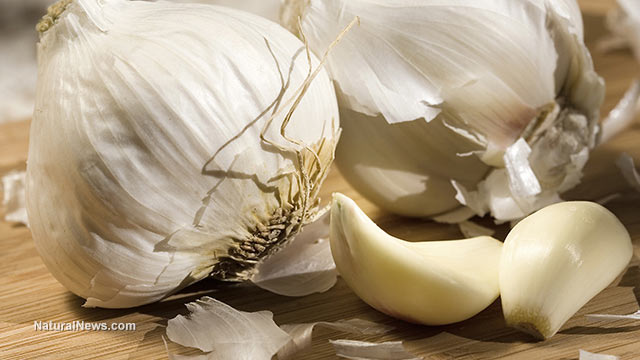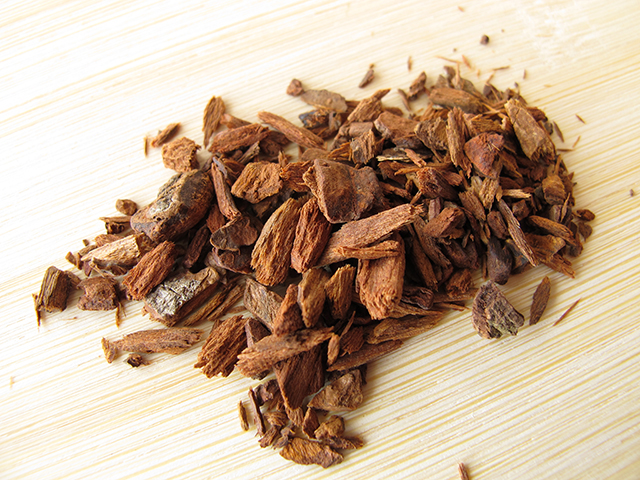Drink your worries away? Researchers look into resveratrol as a means to reduce depression and anxiety
08/12/2020 / By Virgilio Marin

A study published in the journal Neuropharmacology found that plant-based compound resveratrol can potentially lower depression and anxiety. This is because resveratrol inhibits enzyme expression of phosphodiesterase 4 or PDE4, which is linked to depression and anxiety.
Current antidepressants focus on other components of the brain such as serotonin. But only one-third of patients with depression enter full remission using these medications. With these findings, however, there might be a potential alternative in resveratrol, which can be found in foods such as berries and grapes.
Resveratrol protects against depression-related enzyme
Experts’ knowledge of how depression works remain limited today. For one, they have yet to uncover what causes the disorder and why some people have it while others don’t.
One theory is the glucocorticoid hypothesis. When a person is stressed, the brain releases glucocorticoids such as cortisol to prepare the body for an incoming crisis. However, if stress persists for too long or if stress levels are too much, glucocorticoids can increase and therefore harm the brain. Scientists believe that chronic stress damages neurons in the hippocampus and as a result, clears the way for anxiety and depression.
In the study, the researchers looked at how resveratrol can offset the damaging effects of stress and what mechanisms are at play in this process.
They tested genetically modified mice and found that higher levels of corticosterone, the rodent equivalent of cortisol, generated cell lesions and raised levels of PDE4D — a member of the family PDE4 enzymes that lower cyclic adenosine monophosphate or cAMP.
This messenger molecule signals several physiological processes including cell division, movement and death. Changes in cAMP and increase of PDE4 can alter the structure of the brain. In the study, the researchers found that the hippocampus was particularly affected by the increase in PDE4 expression, which explains the anxiety- and depression-like behavior in the mice.
Resveratrol, however, reversed the increase in PDE4D. Furthermore, it reduced the number of cell lesions and the breakdown of cAMP. In engineered mice that could not produce PDE4D, resveratrol boosted cAMP’s protective effects even more than in mice with working PDE4D.
Given resveratrol’s neuroprotective effects, the researchers argue that it might be an effective alternative to other medications to treat depression and anxiety disorders. (Related: Beat depression by eating more fiber, vegetables.)
However, they also note that further research is needed to clarify resveratrol’s effects on human beings. Their study is conducted on mice, which cannot be easily equated to human trials.
Still, it is hard to deny resveratrol’s growing potential in mental health treatment. Another study found similar results after testing on mice who received dosages of resveratrol. The researchers observed an increase in dopamine and serotonin levels, both of which serve as indicators for depression. There was also a rise in the amino acid Neuropeptide Y which has anti-depression effects.
Food sources of resveratrol including red wine
With studies pointing to the benefits of resveratrol, knowing which foods contain rich amounts is important.
Resveratrol is a naturally occurring compound so it is present in several varieties of plants. Good sources include grapes, wine, grape juice, peanuts, cocoa and species of berries such as blueberries and cranberries. In grapes, however, resveratrol is found only in the skin.
It is also present in red wine and has a higher amount of the compound compared to white and rosé wine. Despite its resveratrol content, however, red wine should still be consumed in moderation to prevent related health risks such as alcohol addiction. Furthermore, the amount of resveratrol in red wine is still very low.
Best to choose foods with higher content and that yield better health benefits as a whole.
Learn more about foods rich in resveratrol at Superfoods.news.
Sources include:
Tagged Under: alternative medicine, anxiety relief, beatdepression, dopamine, food cures, food is medicine, mental health, natural cures, natural medicine, phytonutrients, red wine, remedies, research, resveratrol, serotonin, stress relief
RECENT NEWS & ARTICLES
COPYRIGHT © 2017 REMEDIES NEWS




